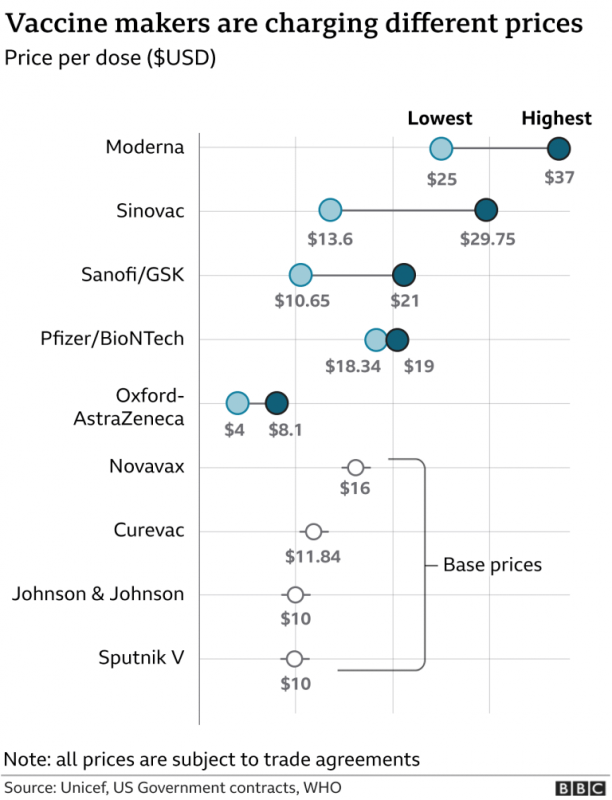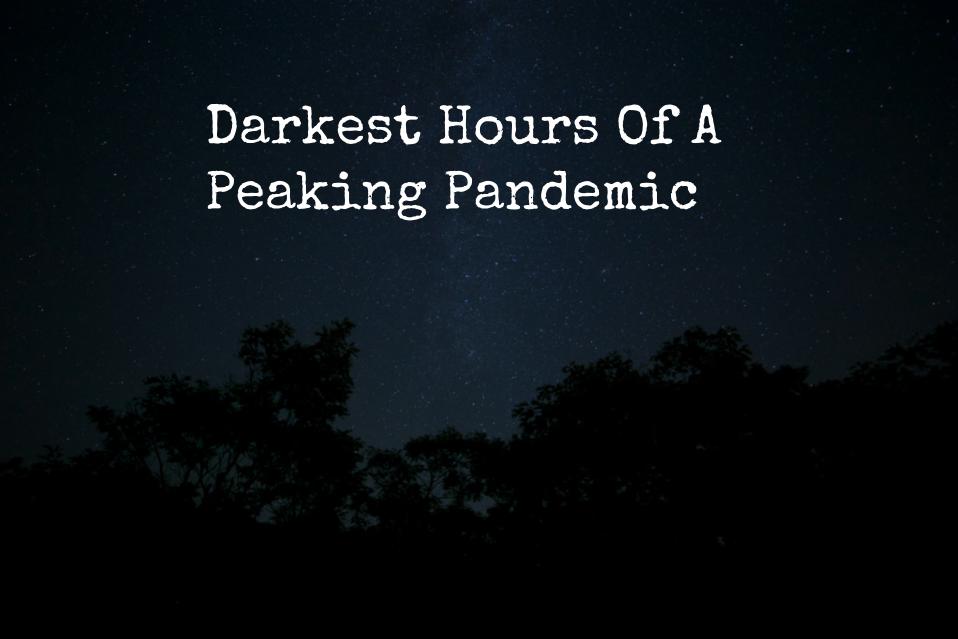If the night is darkest just before dawn, it is pitch black right now in Malaysia. Three times we have counted the enactments of the Movement Control Order (MCO). Three times we have paused everything in unity and in purpose to bring precious respite to an overworked healthcare system dealing with one of the worst health crises the world had ever seen. Twice we had seen the light at the end of the tunnel, can we do it again for a third time?
Recent daily positive numbers had risen to astronomical levels by local standards, recording sixfold the count than two months ago. Mutant variants have made it increasingly harder for medical professionals to screen, sometimes slipping past detection to potentially lethal outcomes. Health Director-General Tan Sri Dr Noor Hisham had also confirmed that the rapid spread of the new Variants of Concern (VOC) is linked to the spike in recent fatalities.
Last Wednesday’s news was crushing, but it represents, above all, the urgency for the National Covid-19 Immunisation Programme (NCIP) to succeed — a crux largely overlooked by some that are consumed with political point-scoring. It is a cause worthy for all our leaders to overcome bipartisanship and put their backs into. Sadly, this was not the case.
Accusations of ’stonewalling‘, denials on the reality of infection and even an instance of the heated revealing (#KepalaOtakDia) of a “mysterious donor” were hurled at our country’s vaccination efforts at every turn, all which were quickly debunked. The opposition policymakers advertised themselves as cleaner, competent alternatives to their counterparts, perhaps, it is time for them to back up such claims by performing due diligence before attempting any presser.
In order to achieve herd immunity, the Ministry of Health aims to inoculate at least 70% of the population by year-end. However, since Phase One, vaccine rollouts had been sluggish and behind schedule, inviting no short amounts of criticism, constructive or otherwise. The minister in charge of vaccine procurement Khairy Jamaluddin explained that the delays were not due to system inefficiencies, but rather the fact that our supplies were bottlenecked by pharmaceutical companies that favoured richer countries.
Even though having only 14% of the world’s population, rich countries have hoarded 53% of the ‘most-promising’ vaccine stock. Canada alone is sitting on enough stock to vaccinate its entire population five times over. Some companies, like Moderna, had supplied almost exclusively to wealthy nations; bothering not even to offer to the poor. Nine out of ten people in impoverished countries may never see the vaccine needle at all.

Despite the setbacks, Khairy Jamaluddin remains confident that Malaysia can achieve its vaccination target by the end of 2021. He still tries his best to explain repeatedly to detractors that the rate of vaccination will ramp up month to month, starting June. “Of course, if we take the vaccination rate today, it will take a long time,” he added exasperatedly.
To fuel the engine of vaccination in the coming months, the government and the National Pharmaceutical Regulatory Agency (NPRA) should work at the double to review and approve the CanSino vaccine. As a single-dose vaccine, the availability of CanSino could significantly free up resources that can be better diverted elsewhere, improve logistics and further simplify the vaccination process.
At this point, only two Malaysian companies, Pharmaniaga and Solution Biologics, have secured exclusive licensing from China to commence the fill-and-finish manufacturing process locally the Sinovac and CanSino vaccines respectively. Contrary to popular beliefs, not everything made in China comes at a cheaper price. Case in point, the Sinovac vaccine fetches a higher premium than many of its Western peers. In a process to uphold transparency, Pharmaniaga had passed scrutinisation by the Parliament’s Public Accounts Committee (PAC) before starting to manufacture vials of Sinovac in its Puchong plant to help drive down the cost.
Allegations of monopoly by Pharmaniaga were also thrown around a lot, and echoed by opposition leader Anwar Ibrahim. They were cut short when federal authorities revealed they welcome yet another local company to acquire the Sinopharm license after proving themselves capable of producing clinical data to register with the NRPA. Three separate producers of vaccines in a year. That’s hardly textbook monopoly.
When history is written on Covid-19, it would be a narrative of devastation balanced by anecdotes of human solidarity and tenacity. The heroic work of frontliners, and the ingenuity of scientists developing effective vaccines at breakneck speed. None of the vapid, juvenile political games for short-term gains would however, be remembered.
The night is darkest just before dawn, but whether it gives way to a brighter daybreak or protracted darkness: that’s up to us.


